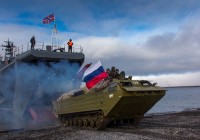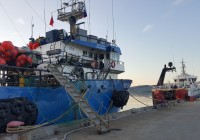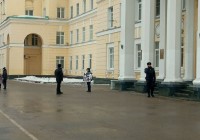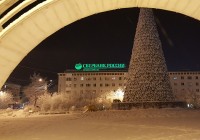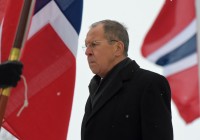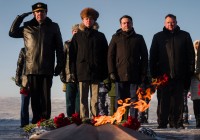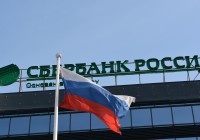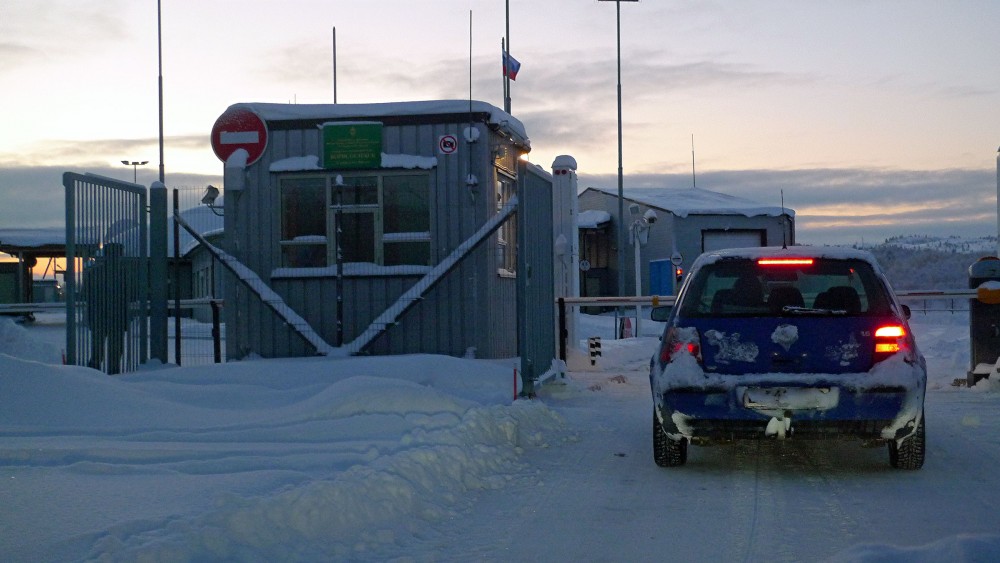
As fear of a new Iron Curtain looms, Murmansk region tops Google search for «emigration»
ADVERTISEMENT
Russia continues to maintain its checkpoints on land borders practically closed for normal citizens to leave the country, allegedly still arguing it is for coronavirus reasons. Entry, though, is no problem for Russian passport holders.
Entry and exit via international airports, like Moscow, St. Petersburg and a few other larger cities could happen without restrictions, until this week when Europe closed the skies for Russian aviation and Moscow quickly followed by denying most European airliners to fly over Russian airspace.
Officially approved delegations, seafarers and truck drivers are still allowed to travel between Murmansk and Norway or Finland. That said, this is also about to change as Putin’s war on Ukraine triggers a tsunami of sanctions, distrust and trouble.
Anna Kireeva, a journalist living in Murmansk, confirms that travel restrictions are discussed with concern among people.

“Russians who live in border regions were expecting the borders to open any day, as there were less COVID-19 restrictions,” she says to the Barents Observer.
“But now I don’t see any chance for these borders to open. Skies are closed as well.”
As head of Barents Press Russia, a network of reporters closely collaborating with colleagues in the northern regions of Norway, Finland and Sweden, Anna normally travels a lot. For people in Murmansk or Karelia, the land border to Finland in the north ain’t an alternative option as the same restrictions apply there for Russian on exit as on the Norway-Russia border.
ADVERTISEMENT
“The only chance for me to get to Nordic countries is to take the Allegro train from St. Petersburg to Helsinki. I hope it will continue to operate,” she says.
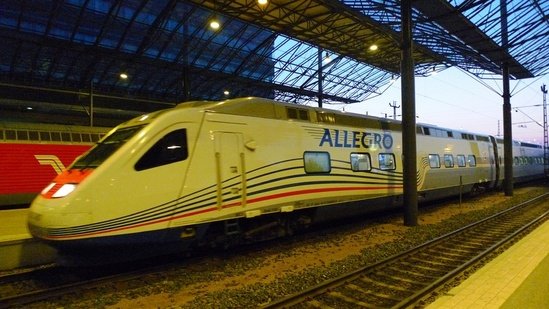
Under the current conditions, Finnish authorities and the EU want to keep the train running to ensure that Finnish nationals can return to Finland and Russian nationals can leave the country if they wish to, YLE reported on Wednesday.
The Allegro is currently the only passenger rail link between the EU and Russia.
Exit interrogations
Russians leaving the country via a dwindling number of available routes are facing lengthy interrogations at airports, the news site MediaZona reported on March 2.
Many had their smartphones and laptops inspected for content including opposition and Ukrainian social media channels, the Moscow Times reported.
“When I was released [after 7 hours of questioning], they said I would most likely not be let out of the country,” Vyacheslav Ustenko was quoted as saying.
Iron Curtain
It was Ukrainian President Volodymyr Zelensky who said “a new iron curtain is falling” and closing Russia off from the “civilized world.” The president added in the TV speech that Ukraine’s task was for that curtain not to fall on its territory.
The Iron Curtain refers to the division between the counties under control by the Soviet Union and countries in Western Europe from the end of Second World War to the end of the Cold War.
In Soviet times, very few people were allowed to travel abroad. Up north, cross-border travel to Norway was limited to a few official delegations, some sports events and a couple of culture exchange arrangements.
Expensive to fly
One option to leave Russia today is to fly out via Asia or the Middle East and then to Europe. That, however, is too expensive for ordinary people.
“Most people have no opportunity to emigrate,” says Aleksandr Serebryanikov. He runs the Blogger51, a well-known site following society development in the Murmansk region.
“People are talking about emigration,” he tells the Barents Observer.

The majority of Murmanskers, he explains, are working in a budget sphere and are afraid to lose the only job they have. “If you lose your job, you will lose everything,” Aleksandr says.
“They have loans for the flat and many also a car. I think the main part of citizens don’t have free cash.”
Russia’s Central Bank last weekend hiked interest rates to 20%.
“People are worried after the developments over the last week,” Aleksandr underlines
“Murmansk is a region with a lot of atomic objects. Putin’s decision to put the nuclear missiles on a higher readiness worries locals knowing missiles could also come the other way.”
“I hear a lot of talks about going somewhere away from Murmansk,” the blogger tells.
In Murmansk, there is no lack of food in the shops or petrol at the gas stations, but, as Aleksandr sees it: “More and more people realize that a totally new world has begun.”
Search: “Emigration”
Meanwhile, the Murmansk region is top on Google’s overview of who in Russia are searching “emigration” most. Murmansk is then followed by St. Petersburg and Leningrad Oblast.
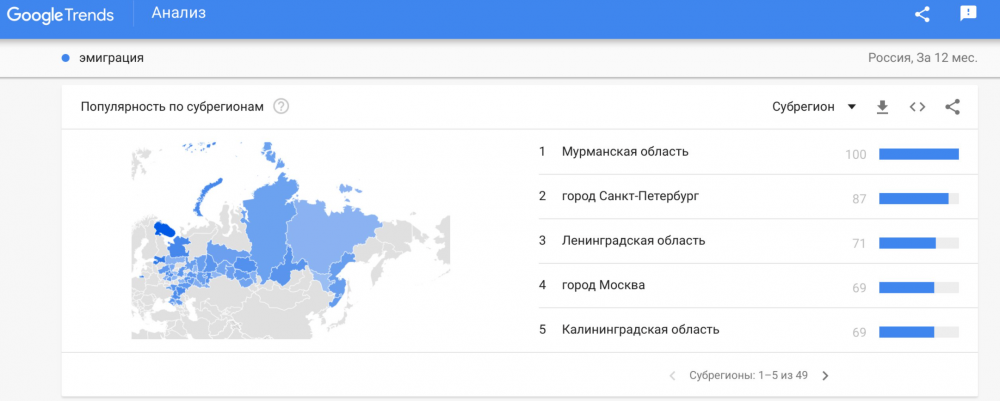
Another word that sees a trending sharp increase over the last few days on Google’s Russian language search engine is “Consulate.”
Due to its proximity to Norway and Finland and simplified visa regimes to Schengen, Murmansk region is together with St. Petersburg the Russian regions with highest percentage of population that has been abroad.
ADVERTISEMENT
The Barents Observer Newsletter
After confirming you're a real person, you can write your email below and we include you to the subscription list.




